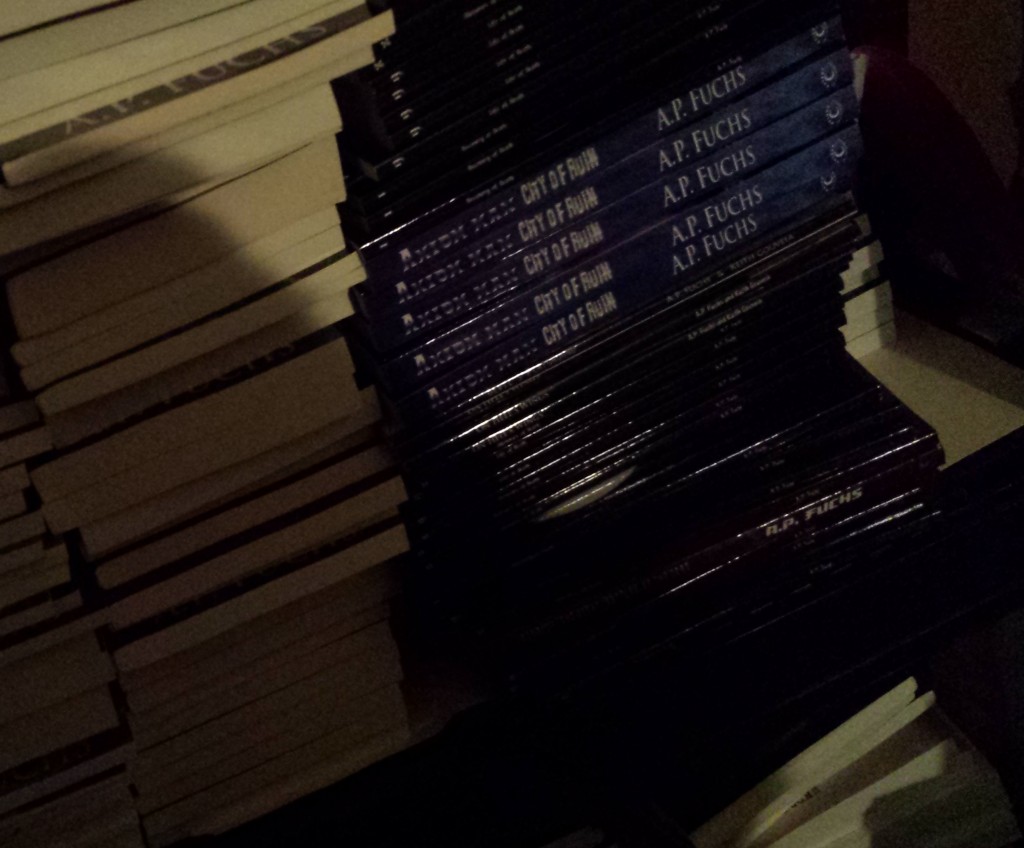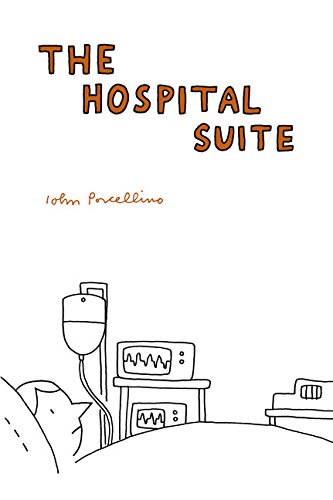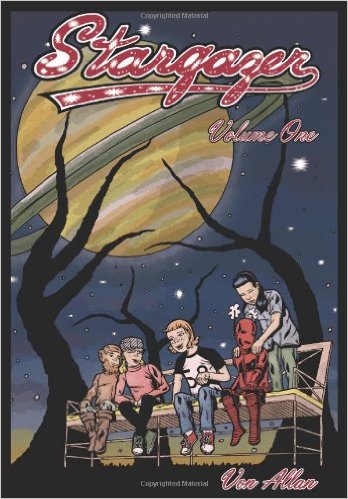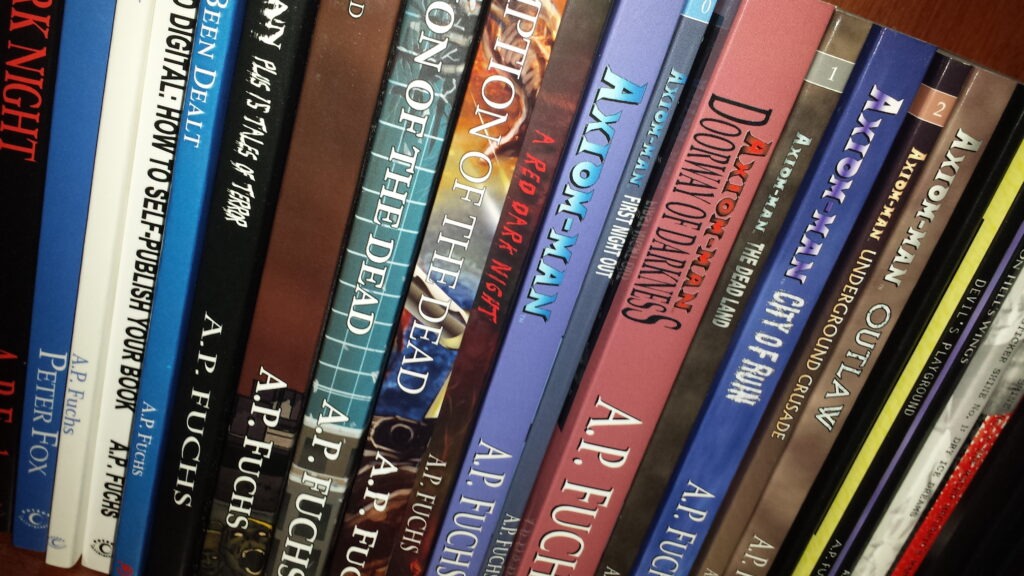Why the Standard “Author Platform” Doesn’t Work

This article was originally published June 5, 2017 on the Operation Awesome Blog.
All right, let’s talk straight. Specifically, let’s talk author platforms. You’ve read the articles. You’ve been told how important they are. You’ve been given a list of what to include. Heck, you’ve even taken all that information to heart and acted upon it.
And the book sales aren’t happening.
So you keep at it, hoping one day it’ll all pay off. Day in and day out you bust your tail on social media and the Web only to keep missing your goal sales-wise. Or, perhaps, you hit it some months and others you wonder what it’s all for. Frustration sets in and you don’t know what’s going on. You did what Author A said. You got your Facebook page, your Twitter account, your blog, your Instagram and all the others—yet still you’re just another author voice shouting into the storm.
Here’s the issue: you’re following someone else’s advice. Worse, you’re following it to the letter and in the game of publishing, following the author platform advice to a T is a death sentence.
This is why:
Publishing is a giant crapshoot. There is no sure-fire way to do anything. Anyone who tells you otherwise is either lying or trying to sell you something. While true there are basics and groundwork you can lay, that’s all those things are. Yes, your standard author platform recipe should be part of your game plan. That’s no different than saying you want to sell your book but you know you can’t sell your manuscript as is. You need to make it pretty and put it between two covers before you can do so. That’s a given. The basics.
The standard author platform isn’t working for you is because you aren’t making it yours. You’re making it like someone else’s or, simply, following the basic recipe without adding the personal tender loving touch that makes your cookies taste better than the other guy’s.
This is how to fix the issue, written step-by-step, but don’t treat it like an instruction manual. Customization, you know?
Step one:
Lay down the standard recipe. All good baking has a fairly consistent base across the board. Have your Facebook page, your Twitter, blog, Instagram and all that. Customize each page and make it about you and your books then commit to a Web plan where you’re active on each on a regular basis.
Step two:
Start adding the TLC. Don’t make your Facebook page like Joe Famous’s. Make it like yours.
I hate the word “brand” when it comes to this author stuff. It turns us into a product and, frankly, art is never about product. It can become a product, but should never be a product. See the difference? This world is sickly loaded with consumerism and people pushing products non-stop twenty-four hours a day. Most of us have tuned out the racket. But what draws us and captures our attention? Unique items and unique people. This so-called “brand” you’re supposed to become? How about voice? After all, your voice is what makes your art what it is to begin with. Why turn that off when sharing it with people?
So . . .
Format and design your pages to reflect you and your books. Don’t be all authorish. Don’t be all bookish. Don’t make people feel like they’re in a stuffy library when they visit you on the Web. In other words, don’t be so professional you come off as cold. Cold people suck.
Into baking or crafts? Build that into your page designs and content.
Into superheroes and comics? Put up some indie superhero character art as part of your banner and pictures.
Into sci-fi and tech? Give your page(s) a mechanical flare and make the electro-junkies squee on the inside when they visit you.
Into horror? Spook it up, man.
Get the idea?
Step three:
With your on-line base of operations already established, leave it alone for a bit and start playing around with other marketing ideas.
Some items . . .
Set up book signings. Table at conventions. Hook up with some craft shows and flea markets. Arrange a book tour, say, local at first then, depending on success, look at traveling out-of-province/state, even country.
Set yourself up as a unique property at these events. Don’t just have a plain table. Add some posters and signage. Add some props. Display your books in a pyramid-like tower. Stand out. Fool around. Don’t be the lonely author who sits there with a handful of books laid out boring and flat in front of them, longingly gazing at the passersby, your eyes pleading, “Please come talk to me. Please come buy my book.” I mean, you took all this time to personalize your on-line presence, why wouldn’t you do the same for your off-line one?
Casually bring up you’re an author into everyday conversations. You can subtly work your pitch into whatever you’re talking about with someone—choose appropriately, of course—and at a bare minimum leave them with a business card. But have books on-hand or in your car in case a sale is to be made. Trust me, it happens.
Go to open mic nights and share story excerpts or poetry. This is your chance to pimp your work, network and perhaps get hired for new projects.
Do workshops.
And a thousand other things. These examples are to make this point: lay your groundwork—that author platform—then play around with other marketing avenues. You’ll be surprised what works. You’ll also be surprised at what doesn’t because what works for Author A doesn’t always work for Author B.
Book marketing is all about customization. It’s about finding what works for you and putting energy into those things while discarding the things that don’t after you’ve given them a fair chance (i.e. six months to a year or something). And you know what? Even that thing you did that didn’t work for your first novel might be the goldmine that works for your second one. Each book is different. Even each book in a series is different.
Authors want the easy way out. “I just want to write,” they say. Well, if that were really true, you wouldn’t be publishing as well, right?
Or they want to be told what to do: that standard author platform recipe. Come on. How can you be so creative in fiction then totally useless outside of it? Don’t you know your life is a story and so is your book career? That creative flare that you put on the page can be used off of it, too. Stop thinking inside of your book and start thinking outside of it.
After this article is drafted, my plan for the day is to revisit my platform, one that I’ve already customized to me over the years—self-publishing since 2004—and take inventory on what’s working and what isn’t. I’m going to make some changes and try new things. Going to add my own TLC instead of relying on the standard Author Platform recipe.
I’m eager to see how these cookies turn out. I already know my zombie chocolate chip ones are dead ringers for a win and my Axiom-man cookies are super.
Screw the standard author platform. It’s boring and useless. But your own? The one with your personal touch?
That’s something special.
Get to it.







